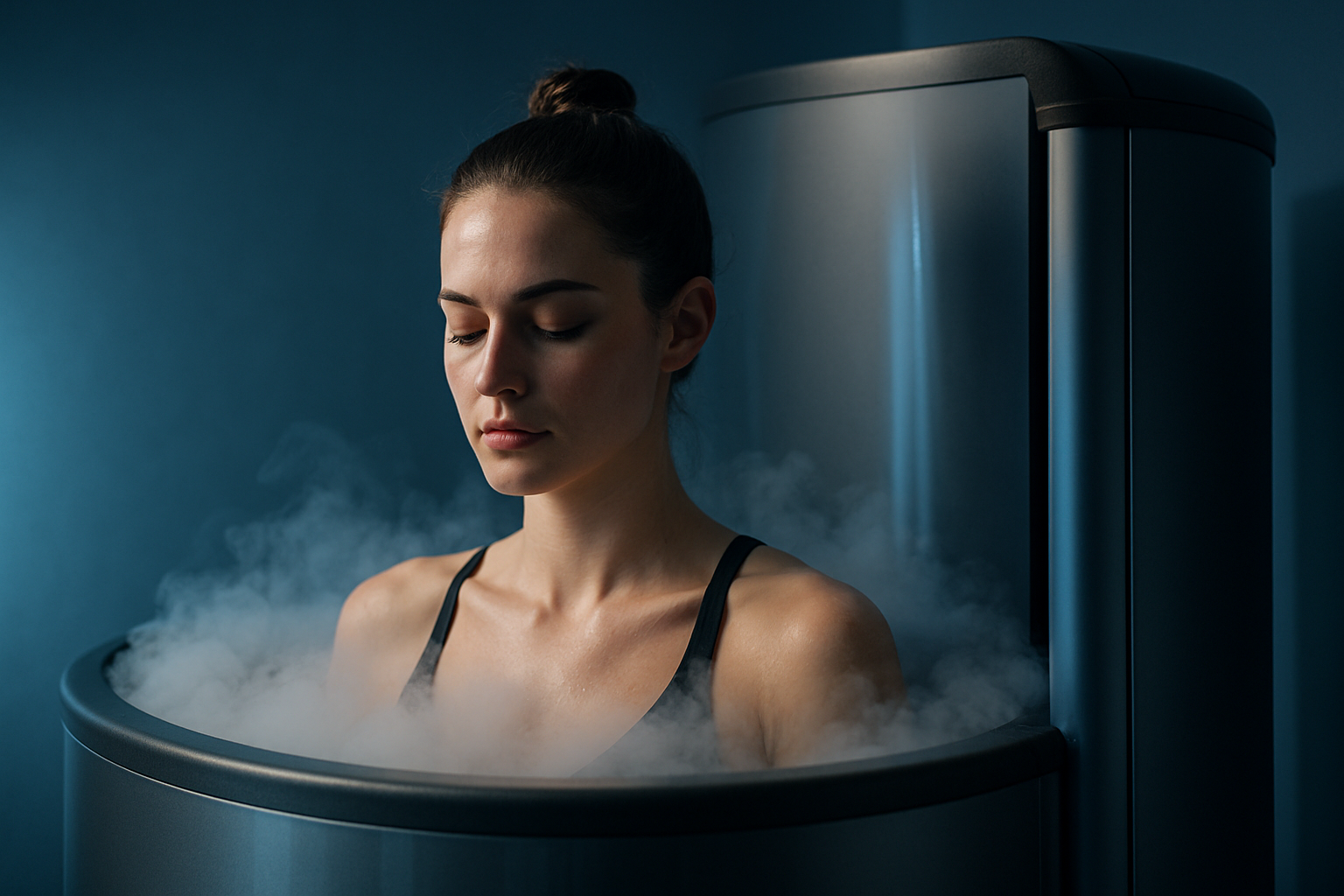Biohacking Beauty: The Rise of Epigenetic Skincare
In the ever-evolving world of beauty and skincare, a groundbreaking approach is making waves: epigenetic skincare. This innovative concept merges cutting-edge science with personalized beauty routines, promising to revolutionize how we care for our skin. Epigenetic skincare goes beyond surface-level treatments, targeting the very blueprint of our cellular makeup. By understanding and influencing the factors that affect gene expression, this approach aims to optimize skin health from within. As consumers become increasingly savvy about ingredients and efficacy, epigenetic skincare stands poised to redefine the future of beauty routines and product formulations.

Key Ingredients in Epigenetic Formulations
Epigenetic skincare products often feature a unique blend of ingredients designed to influence gene expression positively. Sirtuins, a class of proteins that regulate cellular health and longevity, are frequently incorporated. These “longevity genes” are believed to help protect skin cells from damage and improve their ability to repair themselves. Another common ingredient is resveratrol, a powerful antioxidant found in grape skins and red wine. Resveratrol is known to activate sirtuins and has shown promise in combating signs of aging. Niacinamide, a form of vitamin B3, is also prevalent in epigenetic formulations due to its ability to enhance DNA repair and improve skin barrier function.
Personalization: The Heart of Epigenetic Skincare
One of the most exciting aspects of epigenetic skincare is its potential for personalization. Unlike one-size-fits-all approaches, epigenetic skincare recognizes that each individual’s genetic makeup and environmental exposures are unique. Some companies now offer DNA testing to create bespoke skincare regimens tailored to an individual’s genetic predispositions. These tests can reveal information about collagen production, antioxidant needs, and sensitivity to environmental factors. Armed with this data, consumers can choose products and routines that address their specific epigenetic challenges, potentially yielding more effective results than generic skincare solutions.
The Role of Lifestyle in Epigenetic Skin Health
While topical products play a significant role in epigenetic skincare, the approach emphasizes a holistic view of skin health. Proponents argue that lifestyle factors are equally crucial in influencing gene expression. Adequate sleep, stress management, and a nutrient-rich diet are considered essential components of an epigenetic skincare routine. Some practitioners recommend specific dietary changes, such as increasing consumption of foods rich in polyphenols and omega-3 fatty acids, which are believed to positively influence gene expression related to skin health. Exercise is another key factor, with research suggesting that regular physical activity can help maintain skin’s youthfulness by influencing epigenetic markers.
Challenges and Controversies in Epigenetic Skincare
Despite its promise, epigenetic skincare is not without its critics and challenges. Skeptics argue that the field is still in its infancy, and more research is needed to fully understand the long-term effects of manipulating gene expression through skincare products. There are concerns about potential unintended consequences of altering epigenetic markers, particularly given the complex interplay between genes and environmental factors. Additionally, the high cost of personalized epigenetic skincare solutions raises questions about accessibility and equity in the beauty industry. Some experts caution against overpromising results, emphasizing that while epigenetic approaches show potential, they are not a magic bullet for all skin concerns.
The Future of Epigenetic Beauty
As research in epigenetics continues to advance, the beauty industry is likely to see an influx of innovative products and treatments. Some experts predict the development of more sophisticated at-home devices that can analyze skin in real-time and adjust product recommendations accordingly. Others foresee a boom in ingestible beauty products designed to influence epigenetic markers from within. The integration of artificial intelligence and machine learning in formulating personalized skincare regimens is another exciting frontier. As consumers become more educated about the science behind skincare, the demand for evidence-based, personalized solutions is expected to grow, potentially cementing epigenetic approaches as a mainstay in the beauty industry.
In conclusion, epigenetic skincare represents a fascinating intersection of science and beauty, offering a new paradigm for addressing skin health. By targeting the fundamental processes that influence how our genes express themselves, this approach promises a level of personalization and efficacy previously unseen in the skincare world. While challenges and questions remain, the potential of epigenetic skincare to transform our understanding of beauty and aging is undeniable. As research progresses and technology advances, we may be on the cusp of a new era in skincare – one where our beauty routines are as unique as our DNA.





